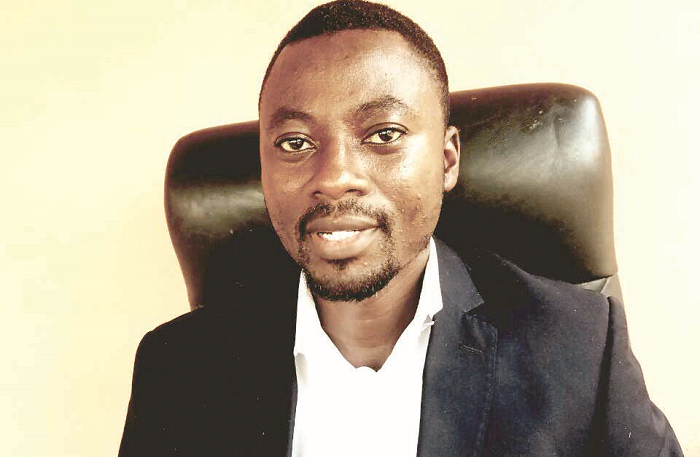
Births and Deaths Registry expresses concern over non-registration of the dead
The Births and Deaths Registry (BDR) has expressed concern over the low level of death registration in the country.
Advertisement
In spite of its importance to policy formulation and evaluation, the registry observed that very few people paid heed to the civic responsibility of registering the death of their family members.
The Senior Assistant Registrar of Births and Deaths Registry (BDR), Mr Seth Bosompem Kissi, in an interview, said: “The setback of data information was associated with the cultural dimension of bereaved families who tended to focus on the dead person rather than ensuring that the civic rights to register the deaths were done.”
For instance, he said this year, the registry recorded 42,277 deaths, representing 19 per cent of the deaths in the country as against the projected number of 285,967.
Significance
Mr Kissi emphasised that the death registry was needed to help generate relevant demographic parameters required for national development planning, implementation, monitoring and evaluation of policies in the country.
He, therefore, urged traditional leaders, as well as all cemetery operators, to help control the burial process by demanding burial permits from bereaved families and relations before interment.
Mr Kissi underscored the need to embark on a vigorous educational campaign on the registration exercise in the country.
Early registration
The registry, therefore, encouraged the public to take advantage of the recent automated birth registration system which aimed at eliminating bottlenecks and enhancing accessibility, adding that registration for children under one year was free, while registration of a dead person within the first 30 days of occurrence was also free
High birth percentage
The case is, however, different with the births registry, Mr Kissi indicated.
Mr Kissi said, “With less than a month to the end of the year, the registered number of births stood at 479,476, representing 56 per cent of the projected number of 851,630 at the registry. The estimated number consisted of 227,694 males and 215,687 females of registered names.”
According to him, the registry recorded 56 per cent of births in 2015.
Longevity
He explained that there were more males at birth than females. However, “With time, the population of males reduces as a result of their engagement in hazardous activities that lead to their premature death.”
Mr Kissi said the ovulation cycle of females went a long way to strengthen their system, hence reducing the probability of early death in females.
“Women regain strength each month through their menstrual cycle and this increases their chances of living longer than males,” he further stated.



